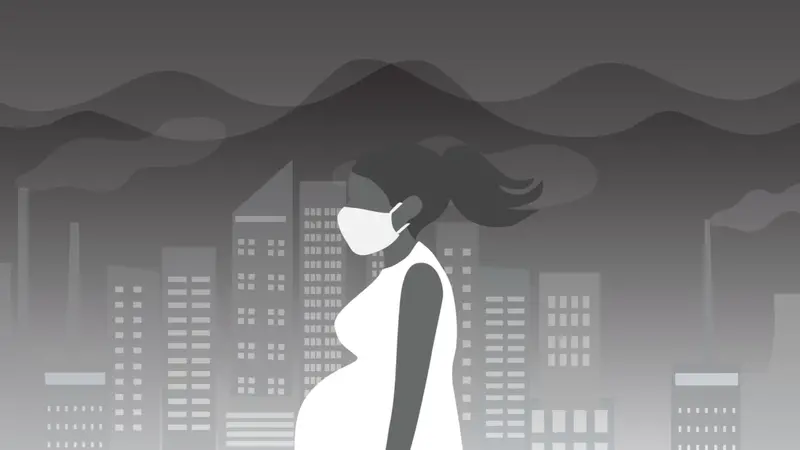
Healthy Kids
Healthy Kids
Air Pollution May Affect Fetal Brain Development
A recent study from Spain in The Lancet Planetary Health looked at how exposure to air pollution during pregnancy might affect the developing brain of a fetus. The researchers followed over 1,000 pregnant women in Barcelona and used a type of imaging called neurosonography to look at the structure of the fetal brain during the third trimester.
The study measured the mothers’ exposure to three main air pollutants: nitrogen dioxide (NO₂), fine particles (PM2.5), and black carbon. These measurements were taken not only at home, but also at work and during daily travel, to get a more complete picture of each mother’s exposure.
Of the women who were originally recruited to the study, 754 were included in final data analysis. The researchers found that higher levels of exposure to these pollutants were linked to changes in the shape and size of certain brain structures. For example, fetuses exposed to higher levels of black carbon had larger spaces in the brain filled with fluid, a larger part of the brain called the cerebellum, and a shallower fold in the brain known as the Sylvian fissure. These changes suggest slower or altered brain development. The strongest and most consistent effects were seen with black carbon, a very common pollutant formed when fossil fuels, wood, or biologic materials burn incompletely.
The study also found that the second and third trimesters of pregnancy may be the most sensitive time for these effects to happen.
This research adds to growing evidence that air pollution may harm brain development even before birth. These findings highlight the importance of reducing air pollution exposure during pregnancy, especially in cities, to help protect the long-term brain health of future children.


 By
By







